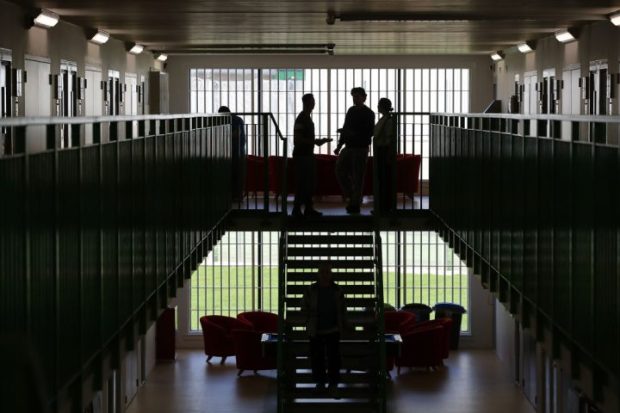After being soundly beaten by the Tories in Hartlepool and winning a paltry 1.6 per cent of the vote share in Chesham and Amersham, Labour have managed to cling on in the Batley and Spen by-election by 323 votes.
While the result gives the party’s under-pressure leader Sir Keir Starmer some breathing space – and will give his party some confidence – holding on to a seat in a by-election with a significantly reduced majority should not be cause for major celebration either. The fact that the left-wing, ‘anti-woke’ firebrand George Galloway won an impressive 22 per cent of the vote in this election should concern Labour’s campaigns team as well. The party still finds itself at the very heart of the British left’s own culture war. After years of appeasing various interest groups with diametrically opposed ideological beliefs and political objectives, Labour is being pulled in all kinds of directions – and it is bursting at the seams.
It is likely that George Galloway performed particularly well with British Muslim voters in Batley – a reflection of the reality that Labour cannot be both the political arm of Stonewall and the natural party of British Muslim traditionalists. I may be a cynic, but there is not much potential for reconciling radical transgender activism with conventional Islamic teachings. As British Muslim awareness of Labour’s social liberalism on issues such as gender self-identification, sexual-minority rights and LGBT relationship teaching grows, support for the party in Britain’s sizeable Pakistani and Bangladeshi Sunni Muslim communities may well decline – especially if other economically left-leaning parties take robustly conservative positions on such matters.
I would personally consider myself to be a well-integrated, reasonably secular-facing Muslim – but even I can see that Sir Keir Starmer vowing to recognise self-identification on Pink News shows how comfortable Labour is in taking many of their own religious ethnic-minority voters for granted. One of the greatest ‘culture wars’ to play out on the left may be between younger, more liberal voters and socially conservative Muslims who traditionally vote left. It will be a culture war that threatens to create an even more complicated electoral landscape for Labour – with the party bound to loosen its political grip on swathes of post-industrial towns and inner-city constituencies.
While some in the party may hope that Corbyn-style local positions on the Israeli-Palestinian conflict and India-Pakistan geopolitical tensions centring on territorially-disputed Kashmir will help to shore up its British Muslim support, this is a dangerous game to play. Tapping into notions of ‘Islamic solidarity’ through foreign-policy positions – including those towards Indian prime minister Narendra Modi’s administration – is unlikely to go down well among British Indian Hindu voters. Having shattered its relationship with British Jews, the left’s unappealing mixture of tribal identity politics and selective outrage over the behaviour of foreign regimes threatens to further alienate well-integrated and upwardly-mobile British voters of Indian Hindu origin.
The deliberate stoking of communal divisions in the Batley and Spen by-election could have very immediate consequences for Labour in other parts of the country. With Leicester East MP Claudia Webbe currently suspended by the party after being charged with harassment (Webbe says she is innocent of any wrongdoing), there is the possibility of a fresh contest in her seat. It is a Leave-voting seat with a notable Indian Hindu population – a constituency where Labour’s vote share dropped by 16 percentage points in the last general election, while the Tory vote share increased by 14 percentage points. Labour still holds a majority of over 6,000 votes – but the Conservatives will be looking at the seat with considerable interest.
With expectations being so low, it is understandable that the Labour party leadership will take heart from holding on to Batley and Spen. But in many ways, its problems have grown. While its candidate Kim Leadbeater proved to be a local asset, the Batley and Spen by-election has served to reinforce the view that Labour has ceased to be a mature social-democratic force in British politics. In sacrificing social solidarity and failing to emphasise the common good, the party has dragged its inclusive communitarian traditions through the mud. And our democracy is all the poorer for it.
Got something to add? Join the discussion and comment below.
Get 10 issues for just $10
Subscribe to The Spectator Australia today for the next 10 magazine issues, plus full online access, for just $10.




















Comments
Don't miss out
Join the conversation with other Spectator Australia readers. Subscribe to leave a comment.
SUBSCRIBEAlready a subscriber? Log in